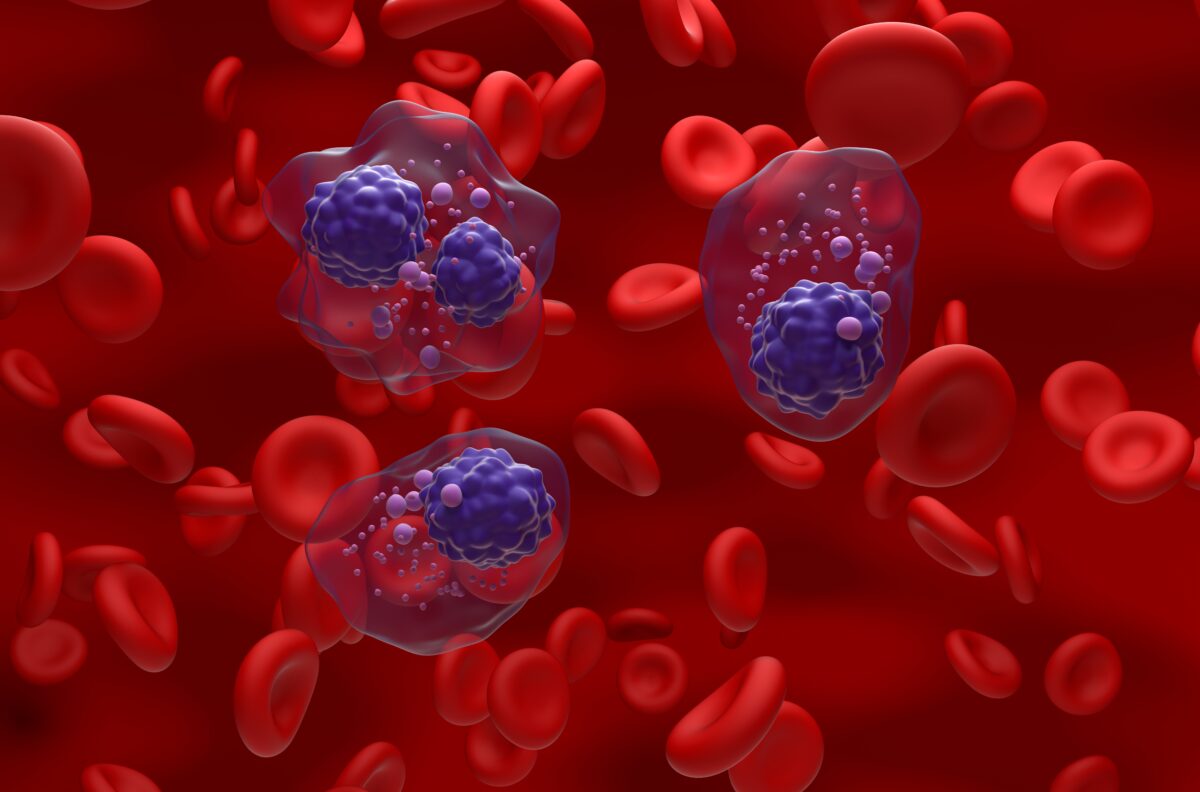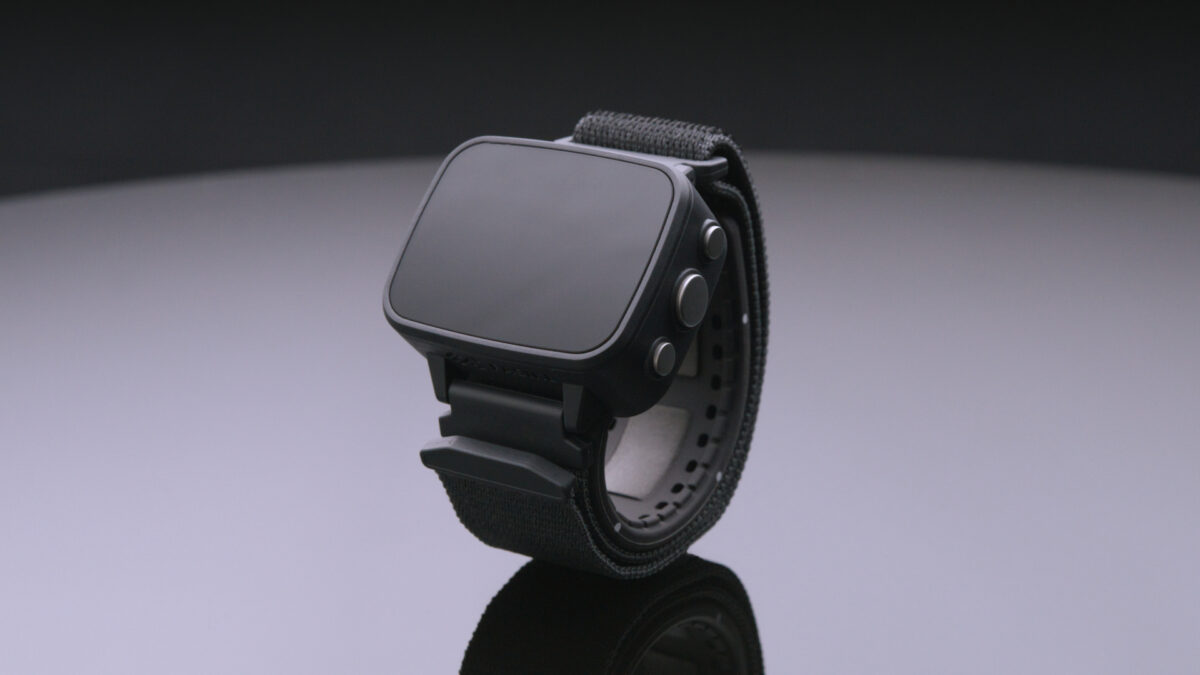Astellas Pharma recently announced the US Food and Drug Administration (FDA) approval of their new medication, Veozah (fezolinetant) for the treatment of moderate to severe hot flashes and night sweats due to menopause.
“Today’s approval of fezolinetant is a significant and long-awaited milestone for individuals in the US who experience moderate to severe vasomotor symptoms during the menopausal transition,” said Genevieve Neal-Perry, MD, PhD, Chair of the UNC School of Medicine Department of Obstetrics and Gynecology, in Astellas’ news release.
“This therapy is based on our understanding of the biology behind hot flashes. I’m excited to know that patients will have the option to choose this nonhormonal treatment,” added Neal-Perry.
Menopause is a normal, natural change in a woman’s life when her period stops, usually occurring between ages 45 and 55. Vasomotor symptoms, commonly referred to as hot flashes and night sweats, are the most prevalent menopausal symptoms that prompt women to seek treatment in the US.
It is estimated that approximately 60 to 80 percent of women experience vasomotor symptoms during or after the menopausal transition. Importantly, vasomotor symptoms can have a substantial impact on daily activities and overall quality of life.
Research has indicated that vasomotor symptoms commonly occur during the late perimenopause and early postmenopausal years. While the exact physiology of vasomotor symptoms is not fully understood, it is believed that the significant fluctuations in reproductive hormones play a role in triggering these symptoms.
Furthermore, studies on genetics have suggested that variations in estrogen receptor (ER) polymorphisms and specific single nucleotide polymorphisms (SNPs) in genes involved in the synthesis and metabolism of various estrogens (such as E2, estrone and estriol) are associated with vasomotor symptoms. Additionally, factors like smoking and obesity may increase the risk of experiencing vasomotor symptoms.
Vasomotor symptoms typically include hot flashes, night sweats, sleep disturbances, anxiety and heart palpitations. For some women, these symptoms may naturally diminish over time without any specific treatment. Hormone replacement therapy is thought to be one of the most effective treatments for vasomotor symptoms. This therapy aims to alleviate symptoms by replenishing hormone levels, particularly estrogen, to compensate for the hormonal decline during menopause; however, not all patients can take hormone therapies, which is where Veozah can come in.
XTALKS WEBINAR: Hot Flashes, Brain Fog and the Blues: Frontiers in Menopause Treatments
On-Demand: Register for this free webinar to learn about the conditions that arise during perimenopause and menopause, the current landscape of available therapies and the challenges involved supporting menopause-related clinical trials.
How Does Veozah Work?
Veozah is a neurokinin 3 (NK3) receptor antagonist. It functions by blocking the binding of neurokinin B (NKB) to the kisspeptin/neurokinin B/dynorphin (KNDy) neuron, thereby modulating neuronal activity in the thermoregulatory center, which ultimately reduces the frequency and severity of vasomotor symptoms due to menopause.
Veozah is not a hormone, but a small-molecule drug. It is available in the form of round, light red, film-coated tablets with a strength of 45 mg fezolinetant. For administration, it is recommended to take a single Veozah tablet orally once daily, with or without food.
It is important to emphasize that before initiating treatment with Veozah, baseline bloodwork to assess hepatic function and evaluate for any signs of liver injury is required. Additionally, follow-up bloodwork should be conducted at three, six, and nine months after starting the therapy to monitor for the potential occurrence of liver injury.
Pharmacokinetic studies have shown that steady-state plasma concentrations of fezolinetant are achieved after two daily doses, with a median time of approximately 1.5 hours (ranging from one to four hours) to reach fezolinetant maximum concentration (Cmax) in healthy women.
RELATED: Oteseconazole (Vivjoa) Becomes First FDA-Approved Drug for Recurrent Yeast Infection
Safety and Efficacy of Veozah
The FDA’s approval of Veozah is supported by two randomized, placebo-controlled, double-blind Phase III clinical trials, Skylight 1 and Skylight 2. The trials involved over 1,000 women across 180 sites in the US, Canada and Europe.
In the Phase III clinical trials, fezolinetant demonstrated statistically significant and clinically meaningful reductions from baseline in both frequency and severity of moderate to severe vasomotor symptoms compared to placebo at Weeks 4 and 12.
After the first 12 weeks, the women on placebo in these two trials were then re-randomized to fezolinetant for a 40-week extension, to evaluate the safety of fezolinetant for up to 52 weeks of exposure. Furthermore, a separate 52-week clinical study (Skylight 4) was also initiated to evaluate the long-term safety of fezolinetant. Across the three clinical trials, a total of 1,100 women received fezolinetant. In Skylight 4, the commonly reported adverse reactions with fezolinetant were abdominal pain, diarrhea, insomnia, back pain, hot flashes and an increase in hepatic transaminase.
“FDA approval of this new treatment for moderate to severe vasomotor symptoms due to menopause is a testament to Astellas’ commitment to delivering innovative therapies in areas of unmet need that have been underserved, including women’s health,” said Marci English, VP and head of BioPharma Development at Astellas, in the company’s press release.
Additionally, marketing authorization applications for fezolinetant are currently under regulatory review in the European Union, Switzerland and Australia, demonstrating Astellas’ commitment to making this treatment available globally.
What is the Price of Veozah?
Astellas listed the price of Veozah to be approximately $550 for a one-month supply. It is important to note that the coverage for Veozah may be available through major insurance plans, subject to specific insurance policies.
Another New Drug to Treat Menopausal Hot Flashes May Be Coming
Bayer has recently announced promising findings regarding their product candidate for menopausal vasomotor symptoms called elinzanetant.
Elinzanetant is an oral, once-daily, investigational non-hormonal therapy specifically designed as a selective neurokinin-1,3 receptor antagonist for the reduction of vasomotor symptoms.
In February 2023, Bayer reported positive results from their Phase IIb study of elinzanetant in postmenopausal patients with vasomotor symptoms. The study was conducted across 25 sites in the US, UK and Canada and involved 199 postmenopausal participants.
The study demonstrated a significant improvement in the mean daily frequency of moderate to severe vasomotor symptoms with the administration of elinzanetant 120 mg at both Week 4 and Week 12 compared to the placebo group. This signifies the potential efficacy of elinzanetant in reducing the frequency of episodes of vasomotor symptoms. Importantly, elinzanetant exhibited good tolerability, further supporting its potential as a long-term treatment option for vasomotor symptoms caused by menopause.
Encouraged by these favorable outcomes, Bayer has launched a Phase III clinical trial to advance the development of elinzanetant as a potential therapy for individuals experiencing vasomotor symptoms in menopause.











Join or login to leave a comment
JOIN LOGIN